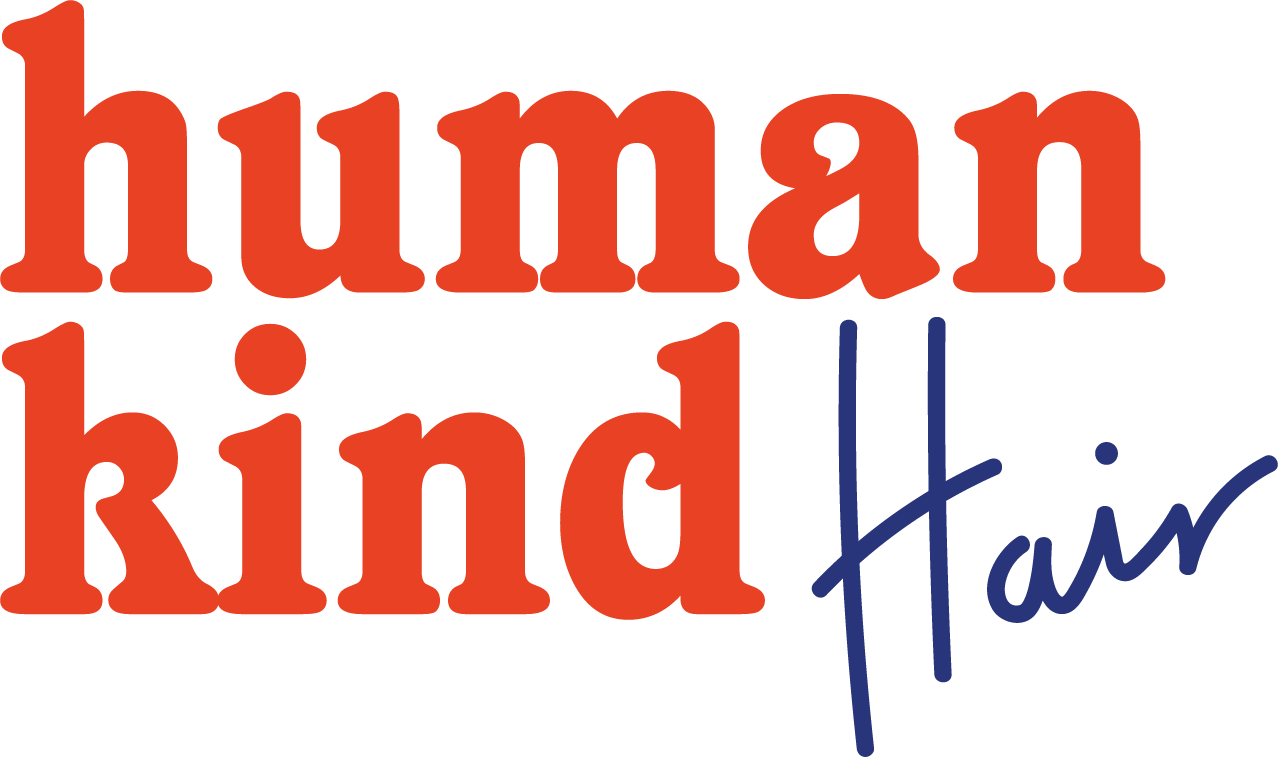Is becoming a certified Trichologist right for you?
- by Humankind Hair Founder Anneliese Hesse
Why I chose to become a certified Trichologist
On every course I’ve ever been on, I’ve always questioned the ‘why?’ behind whatever I’m being told. This probably makes me a really annoying student, but it’s genuinely not meant in a ‘challenging the teacher’ kind of way. I just need to understand the reasons behind whatever technique/information it is that I’m being taught.
Take hair care for example. Somebody telling me ‘use this shampoo for thinning hair’ or the absolute classic ‘you should be using sulphate free/not washing your hair/avoiding parabens and silicones’… Honestly, unless someone can give me a bloody good scientific reason for it, I’m probably not going to take it that seriously. After all, everyone has a motive right? Usually a product they’re trying to sell.
I’ve spent countless hours googling the answers to my many questions but unfortunately the internet is full of a lot of conflicting information. And anyone can post an opinion online. I’m doing it right now. So in August 2021 I decided to bite the bullet and start the journey of getting certified myself. I knew it would be hard work, and expensive, but I was so sick of looking for answers, and still not knowing what was really factual.
Choosing a training provider
Research brought me to discover that there were three main training providers in the UK offering courses to become a certified Trichologist. Each had different durations, formats and prices, but it seemed that only one of them was internationally recognised, which was Trichocare. They offer a few different options but I chose the full course package; Level 4 Certificate in Trichology which is formally accredited by ITEC, Ofqual regulated and has been written specifically for learners with a hairdressing background. Upon completion you can become part of the Association of Registered Trichologists (ART). The course takes up to 10 months to complete, from home, with live online seminars. The total cost when I booked was a bit over £4000.
What’s in the course?
The course consisted of 6 subjects:
Concepts of Science in Trichology
Chemistry of Hair and Beauty Products
Anatomy and Physiology
The Role of Nutrition in Trichology
Controlling Risk in Trichology
Provide a Trichology Service
One or two of these I whizzed through in a couple of weeks (of pretty consistent, dedicated studying) and other subjects for sure take a good 3 months to complete. All will involve reading, some include written course work for submission and some also include exam(s) at the end of the subject. Especially for the science based sections, additional reading really helped me - specifically Discovering Cosmetic Science, which I loved.
The amount of time it takes each person to complete will vary, depending on how much time you can dedicate to it. I was working full time so juggled evenings and days off, and had to take around 6 weeks out right in the middle of Anatomy and Physiology (not ideal!) when I was blessed with pregnancy but cursed with ‘morning’ sickness! The tutors are extremely supportive and will help you come up with a progress plan.
Is becoming a certified Trichologist right for you?
If you want to come away with an in-depth understanding of hair growth and loss, common scalp disorders and never have to fall for marketing jargon ever again when it comes to products, then yes, absolutely!
BUT.
To get to this point you will also need to revisit a lot of ‘back to school’ kind of subjects. I’m talking:
The Periodic Table of the Elements
Protons, Neutrons, Electrons
Chemical Equations
Specific roles and names of many Functional and Performance Ingredients
Cells and Tissues
The Cardiovascular System
The Endocrine System
The Lymphatic System
The Digestive System
Nutrients
Metabolism
… and more!
As someone who spent most of year 10 bunking off school and drinking Lambrusco, this came as quite a shock with a lot of it being brand new information for me. Needless to say, I studied a lot - writing and rewriting things out, making revision cards, saying things out loud whilst out on a walk like a lunatic…. whatever was needed to get the information sticking.
Did I enjoy it? Yes, thoroughly.
Were there times when I thought ‘what the flip am I doing?’ Definitely.
So in answer to the question ‘is becoming a certified Trichologist right for you’ I think it massively depends on what you want/are able to commit to.
You can still study Trichology without committing to the full certification. They also offer shorter, introductory courses which are definitely worth checking out. If you’re not sure, I’d recommend talking to Jackie or Keith at Trichocare who were both super helpful to me throughout the course.
And finally, I’m SO excited to share elements of what I’ve learned with students on our new course Hair Growth and Loss.
On this short, online course I’ll share some of the information that I found most relevant to the day to day questions we hairdresser get asked by clients. I’ve always found it frustrating not being able to answer these in the past, as I feel that, as hairdressers, we train in working with the hair outside of the scalp, but so much of what we need to know is actually in relation to what’s going on inside.
This course is available to book now, and can be watched back at your convenience.
You can find out more info and grab your spot here.
I really hope this helped!
Big Love,
Anneliese :)
